
Green Bay Packers legend and NFL Hall of Famer Brett Favre announced Tuesday that he has been diagnosed with Parkinson’s disease. Favre, 54, made the announcement while testifying to Congress on his potential misuse of taxpayer funds. The former quarterback has been presenting testimony in Washington to the House Ways and Means Committee, following accusations… read on > read on >










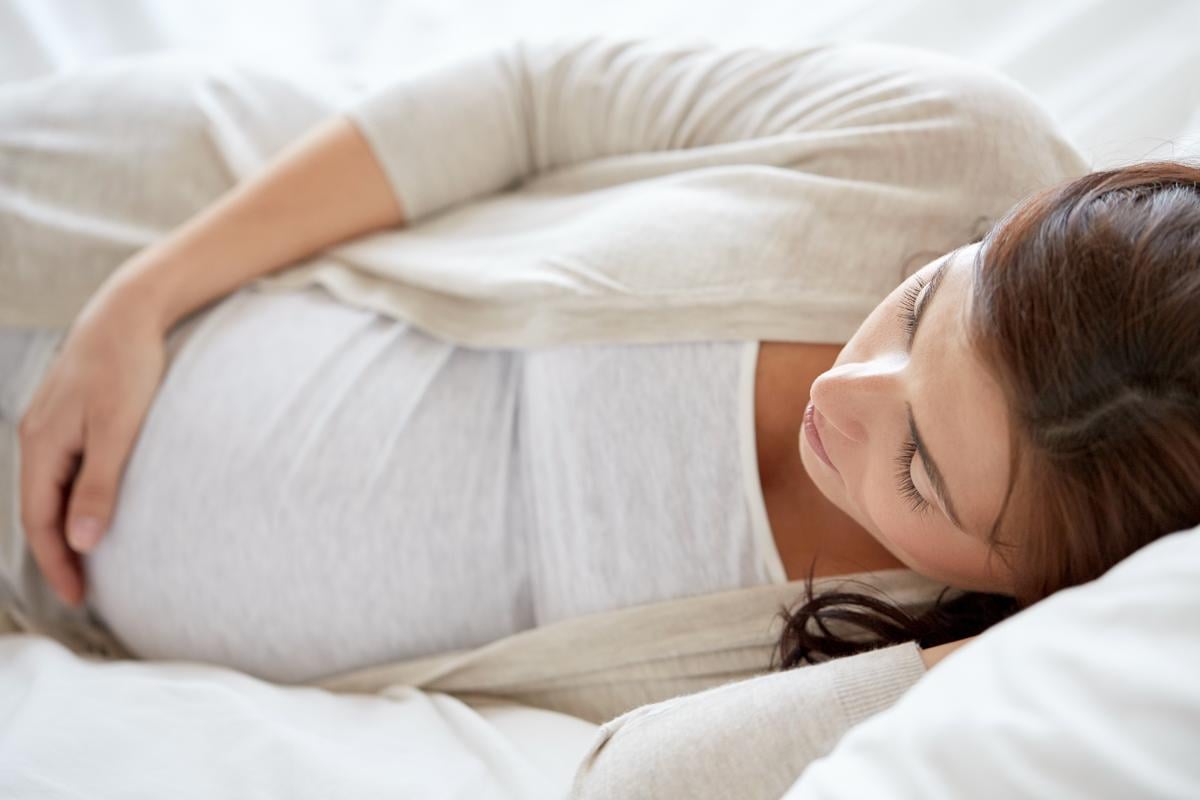
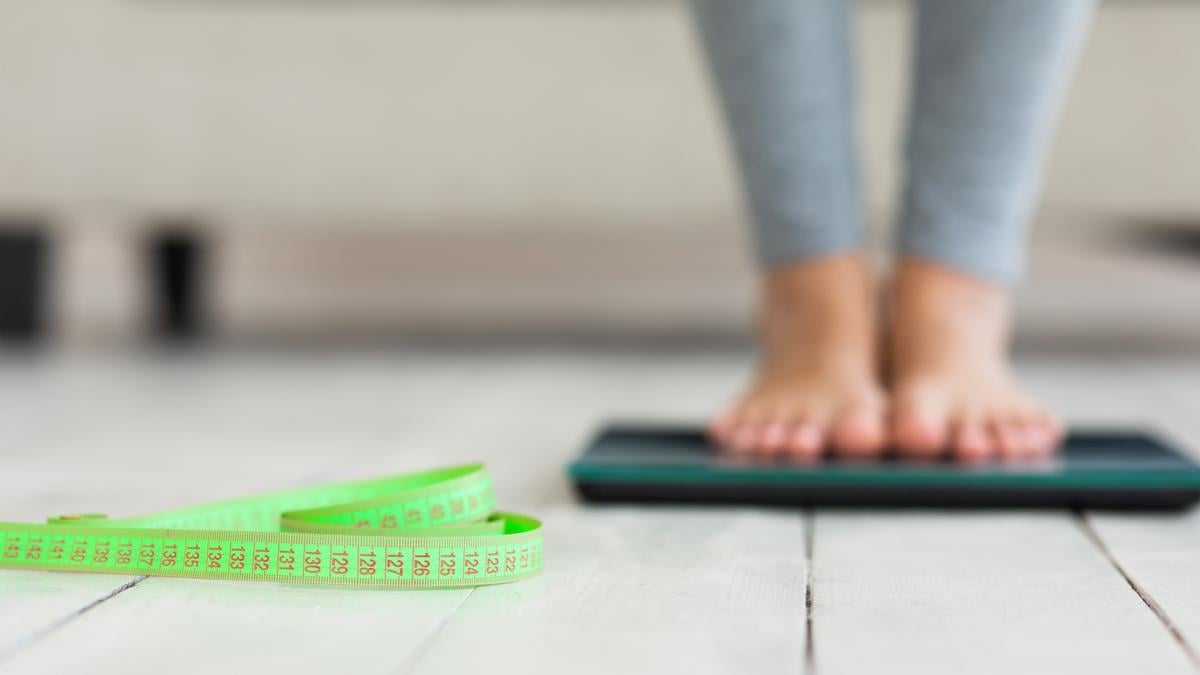
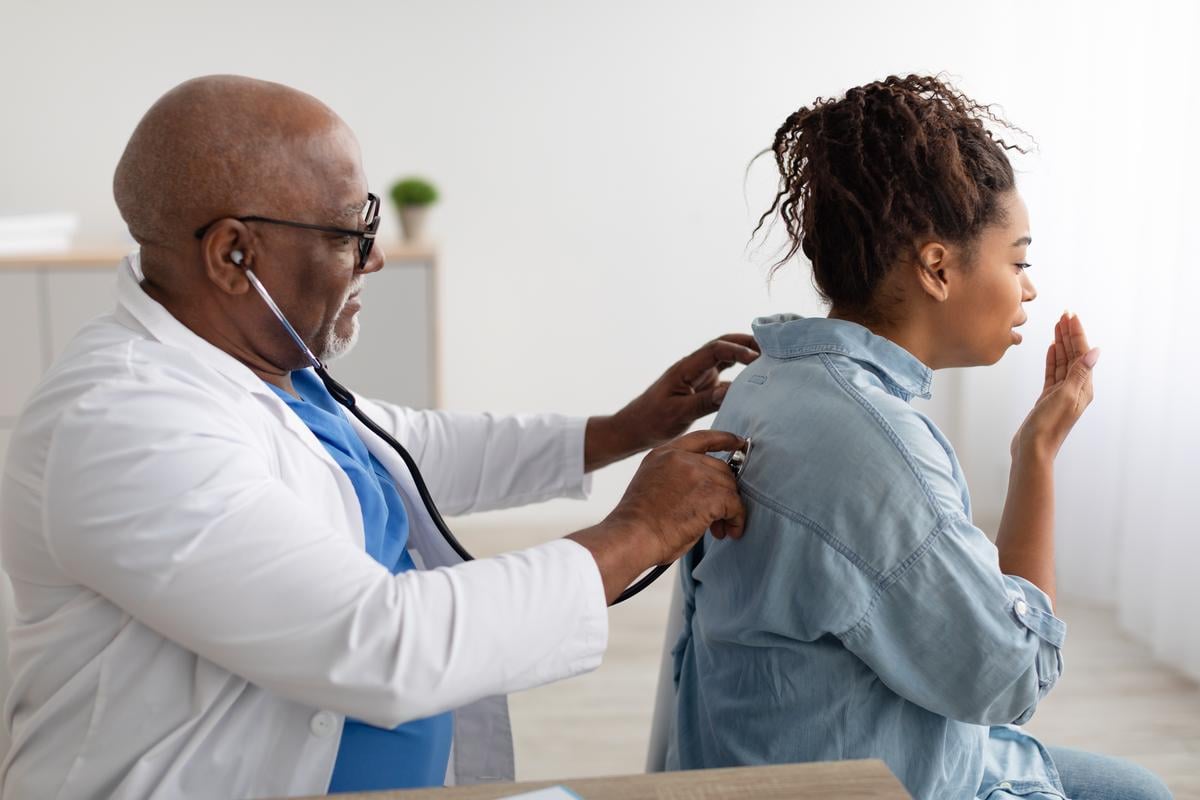

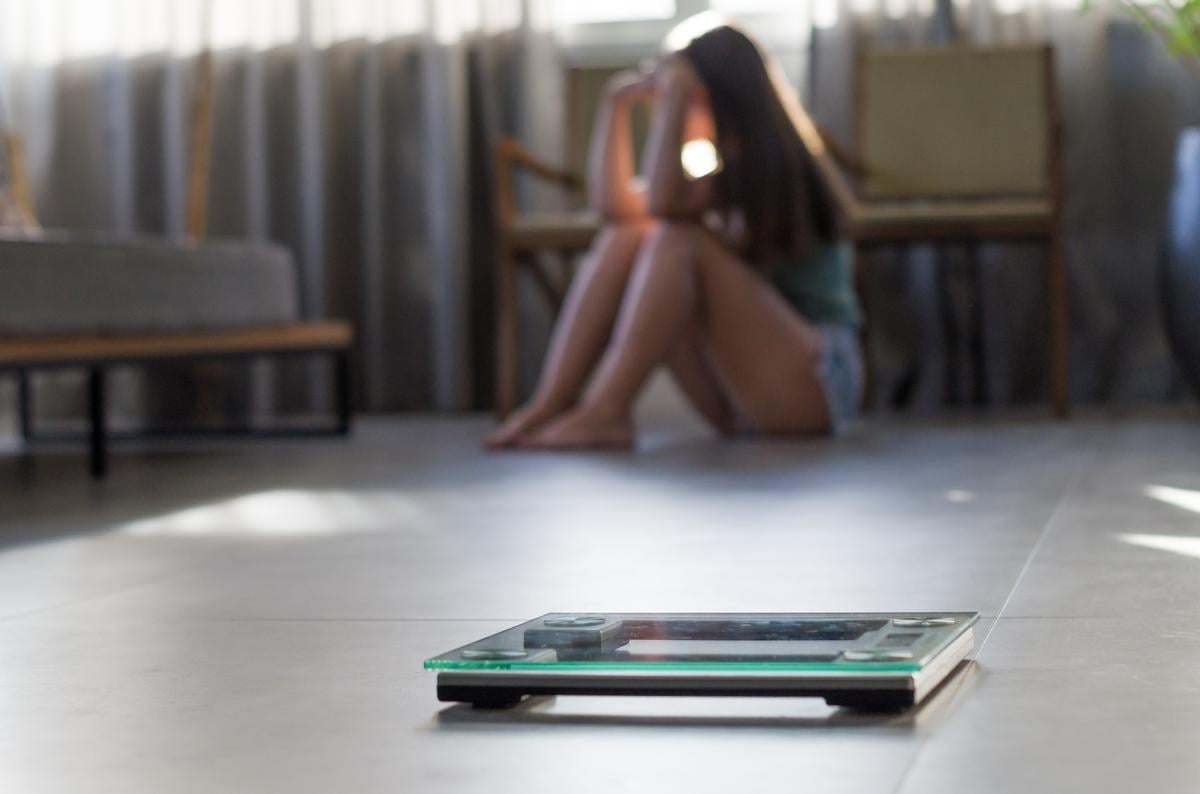

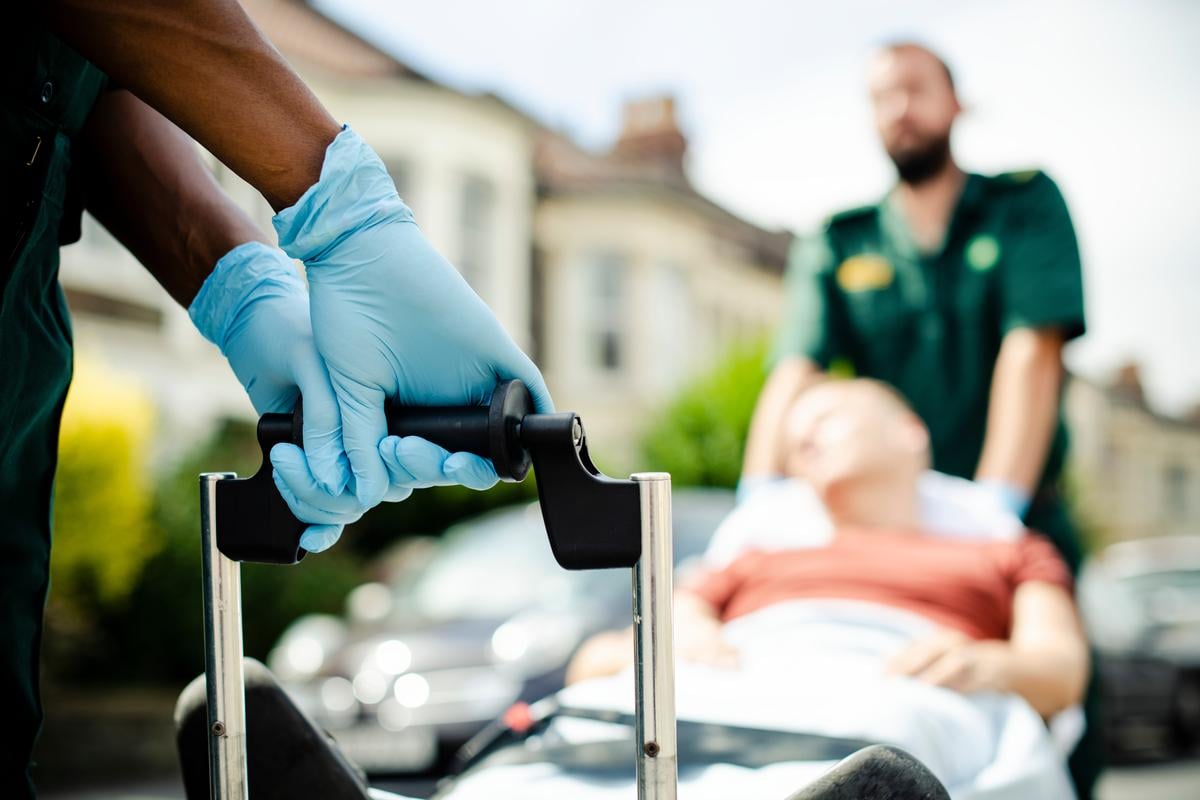
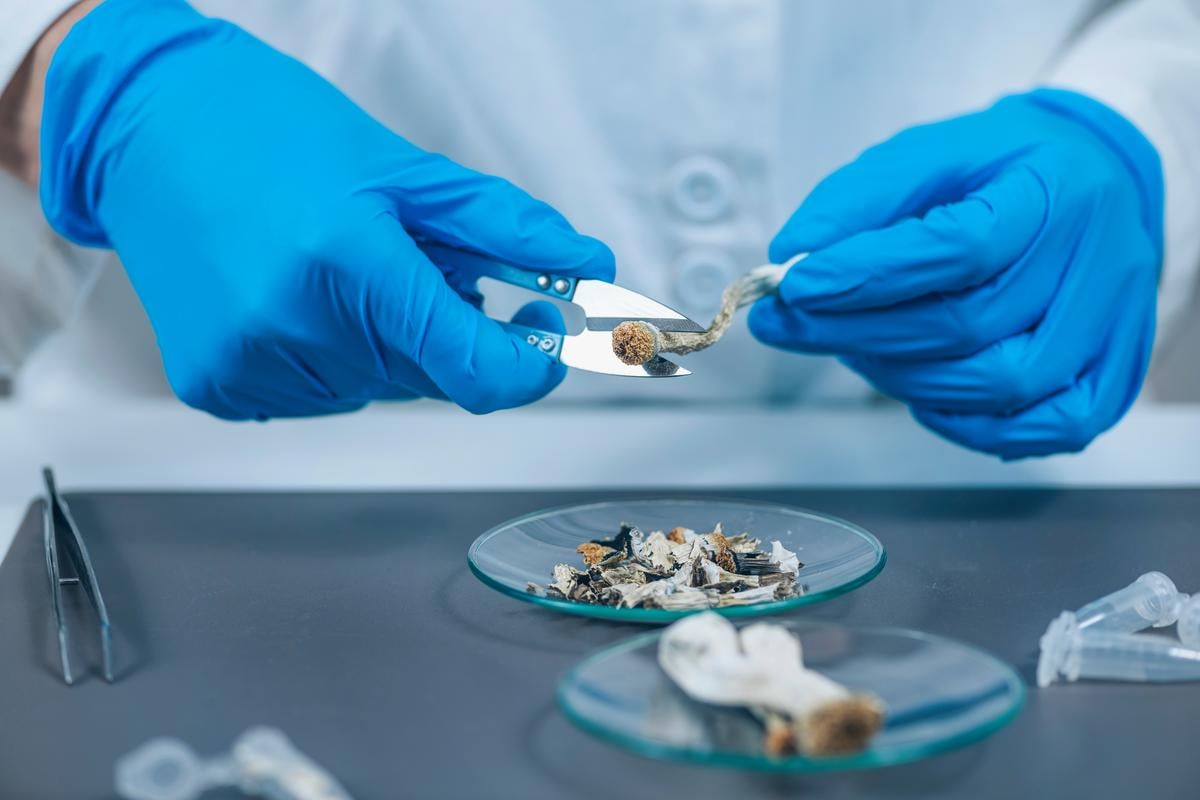
.jpg)











